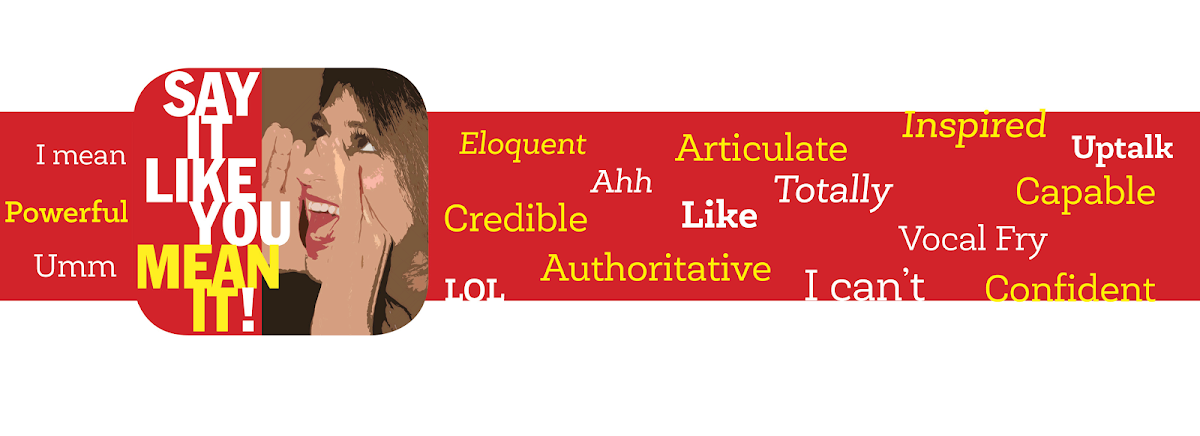As the year wraps up, we are rich
with pop-culture rankings including Vanity Fair’s 10
Sexiest Captain Hooks, Paste Magazine’s The
15 Best Monkeys and an annual favorite the Top
10 Worst Celebrity Role Models, which includes the likes of Rhianna, Miley
Cyrus, and the Kardashians and their trend-setting ability to put appearance, money,
promiscuity, and ego above substance, smarts, charity and accomplishment.
Turns
out, these same celebrity role models have a powerful impact on the way young
girls and women speak; the way we present ourselves to the world. And, as has been my 2014 mantra, we need to empower
girls and women to find their own authentic voice; to…like, umm, you know…. stop hedging, using
fillers, and speak with confidence and conviction.
So, for this 2014 wrap up, I thought it was time to offer
our girls a “best of” with 10 impressive female role models who also happen to
be articulate, clever and inspiring.
I want to grow up to be just like all of them.
1). Tina Fey.
“If you retain nothing else,
always remember the most important rule of beauty which is: who cares?
Comedian,
actress, writer, producer and dedicated mom Tina Fey was not only the third
female winner of the Mark Twain award in 2010, but also the youngest ever. In her 2011 bestseller “Bossy Pants,” she
nails it with her, “A Mother’s Prayer for her Child,” offering hilarious and well-heeled wisdom on raising a daughter. She is a formidable presenter, and will again
be with her sidekick Amy Poehler (another of my picks) leading the ceremony at
this year’s Golden Globes.





